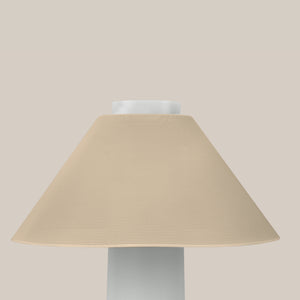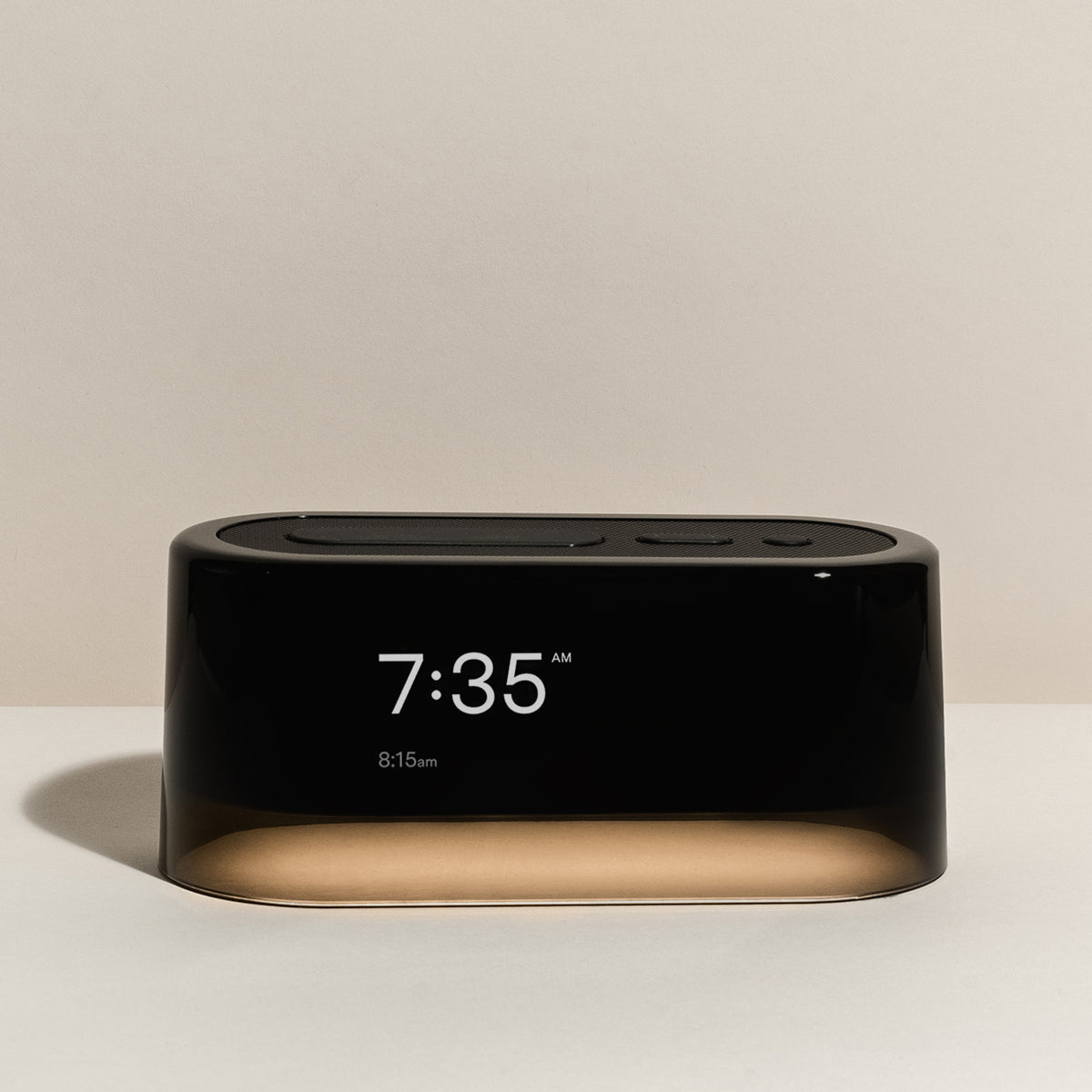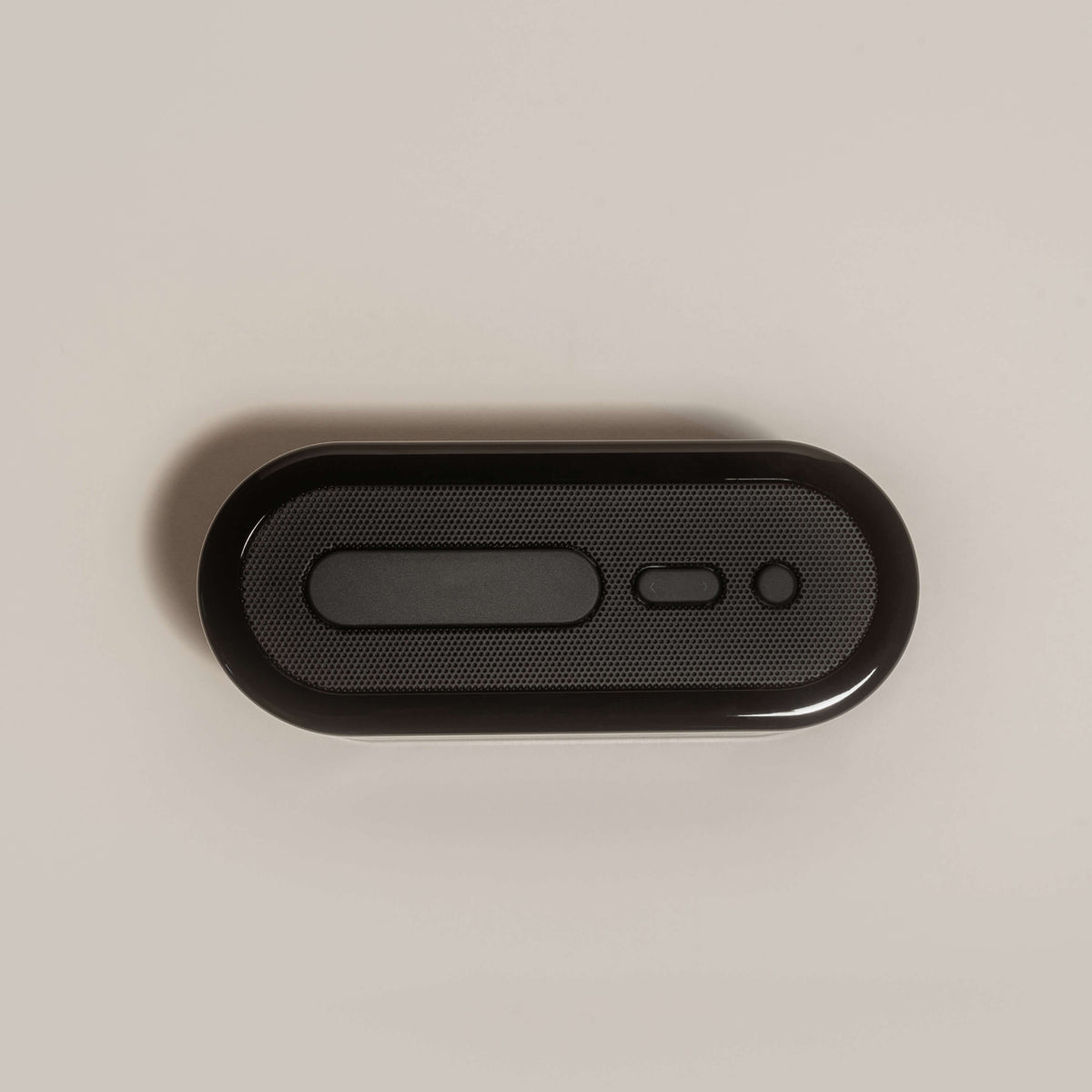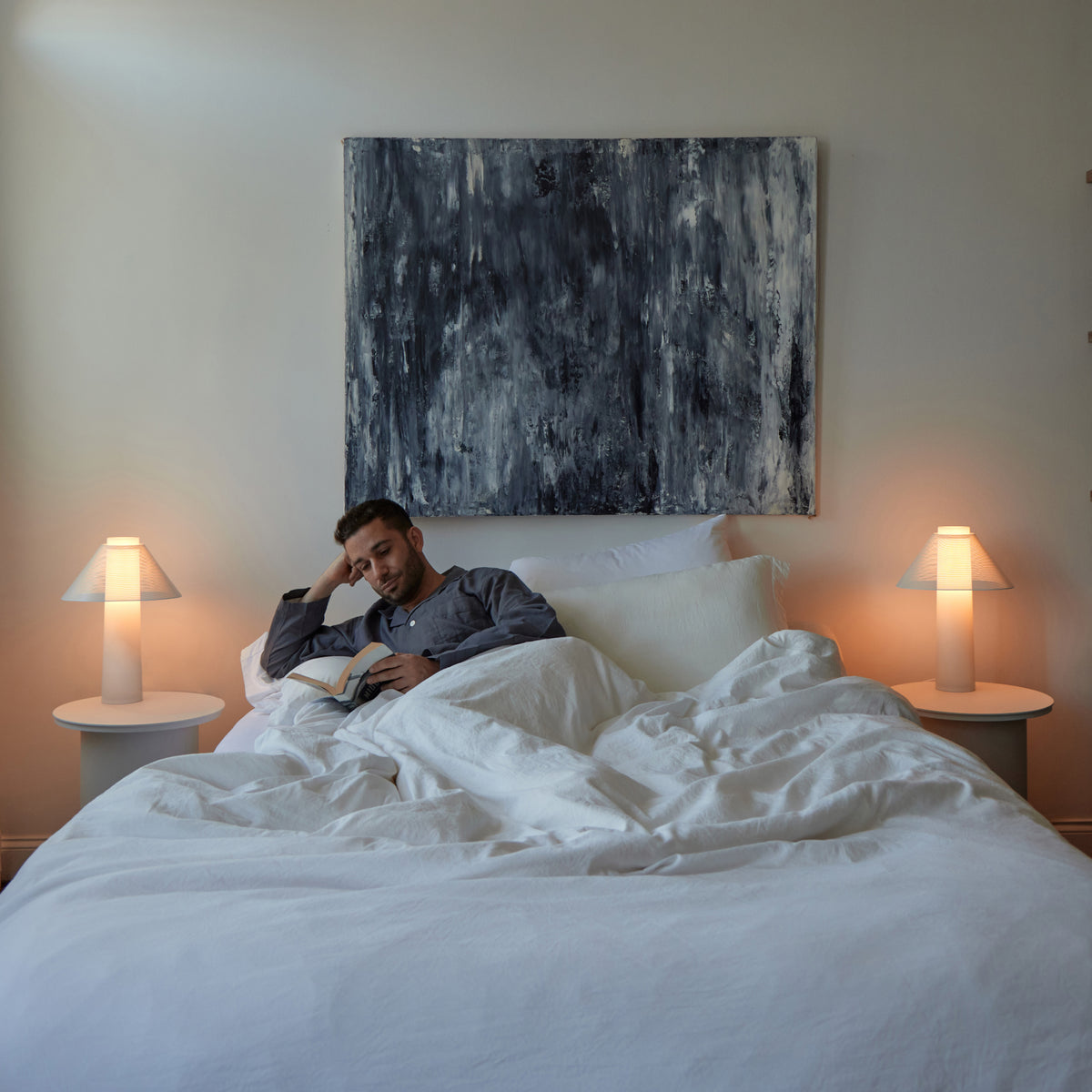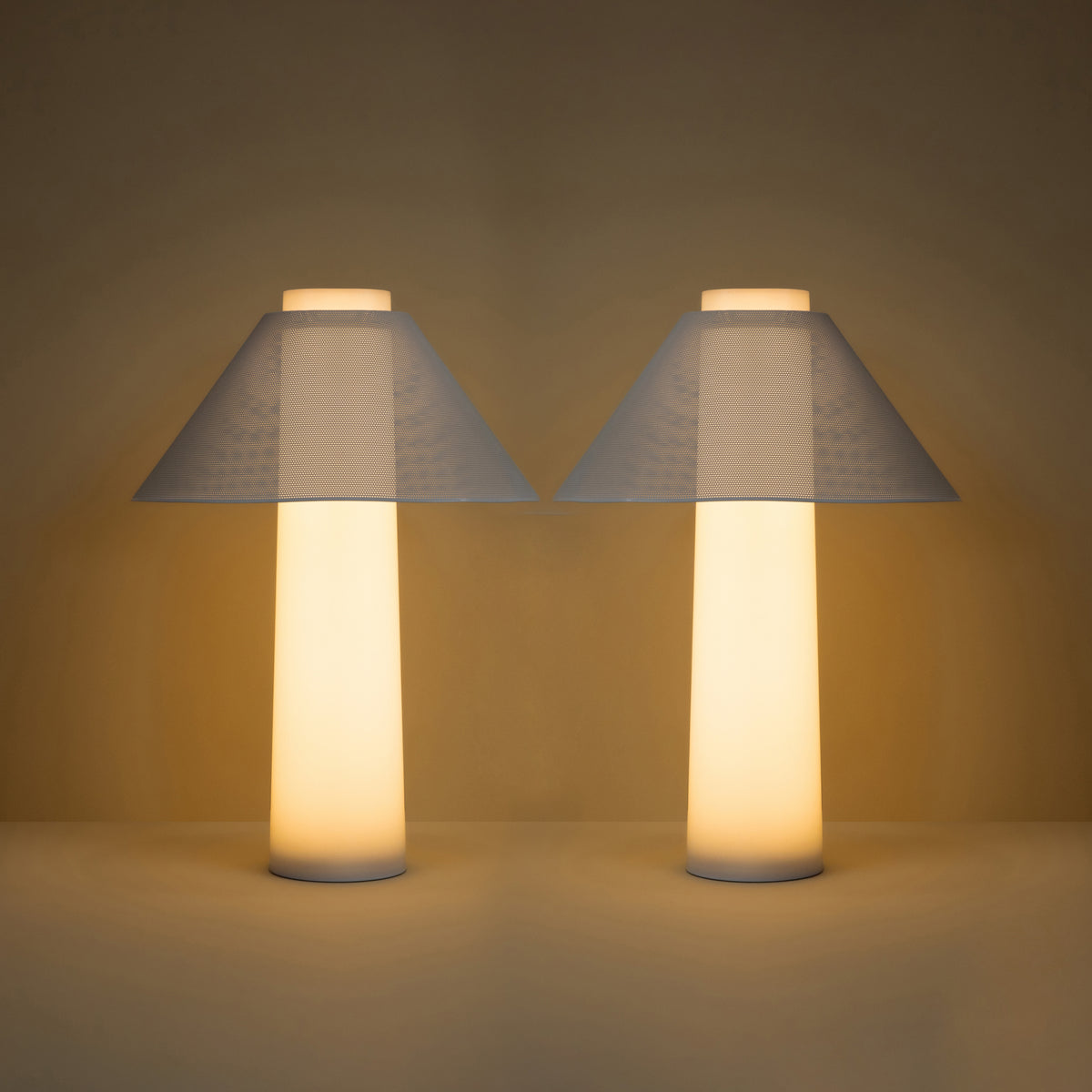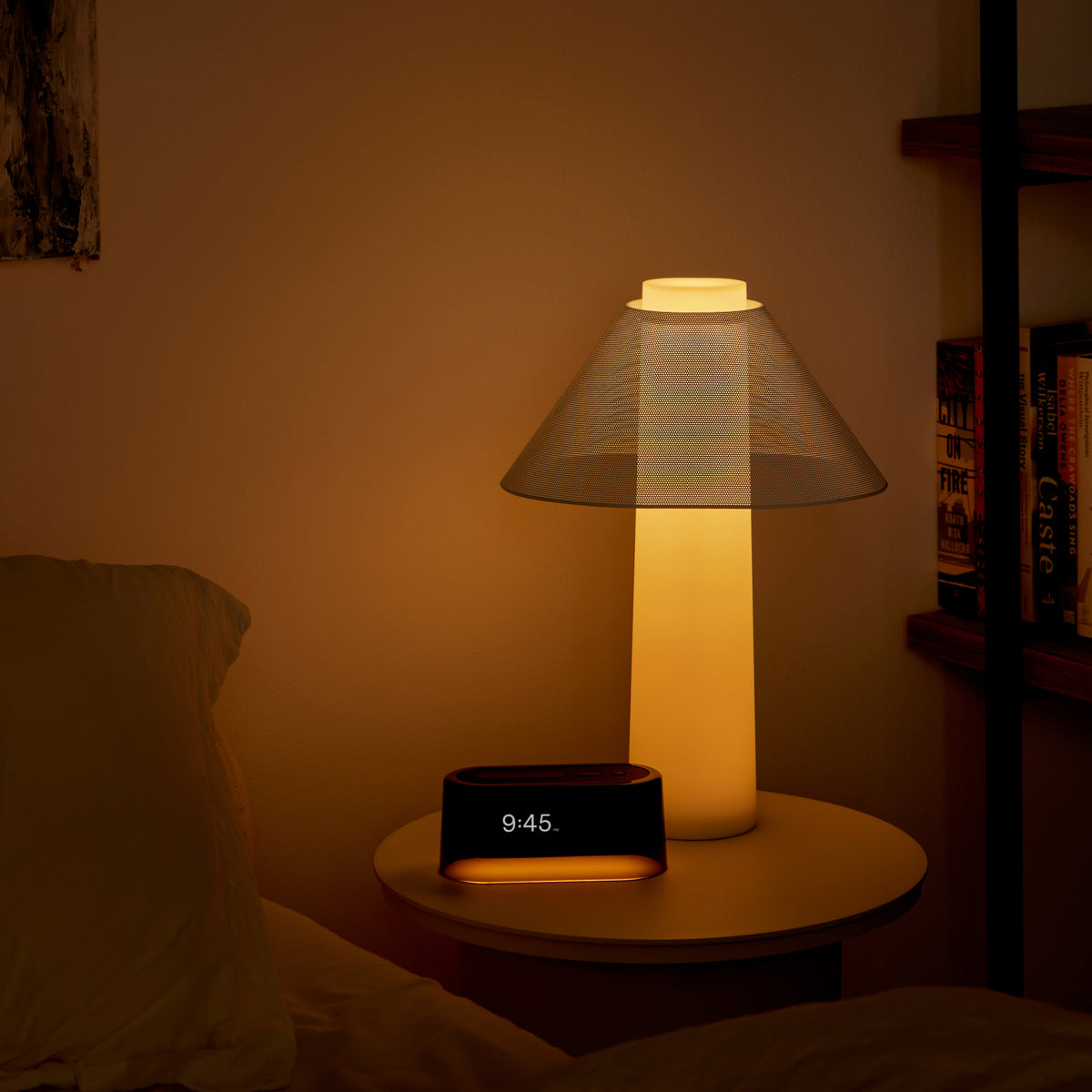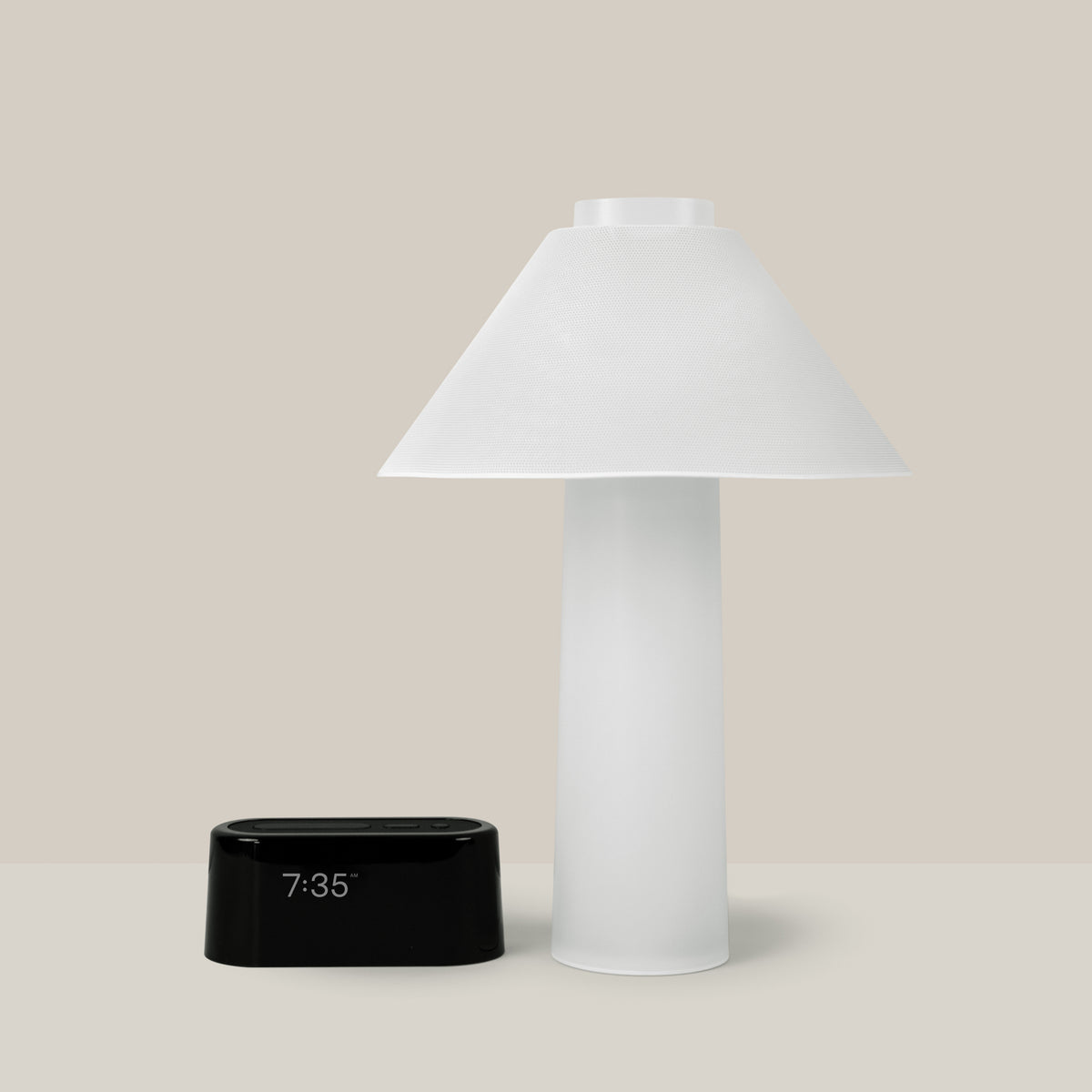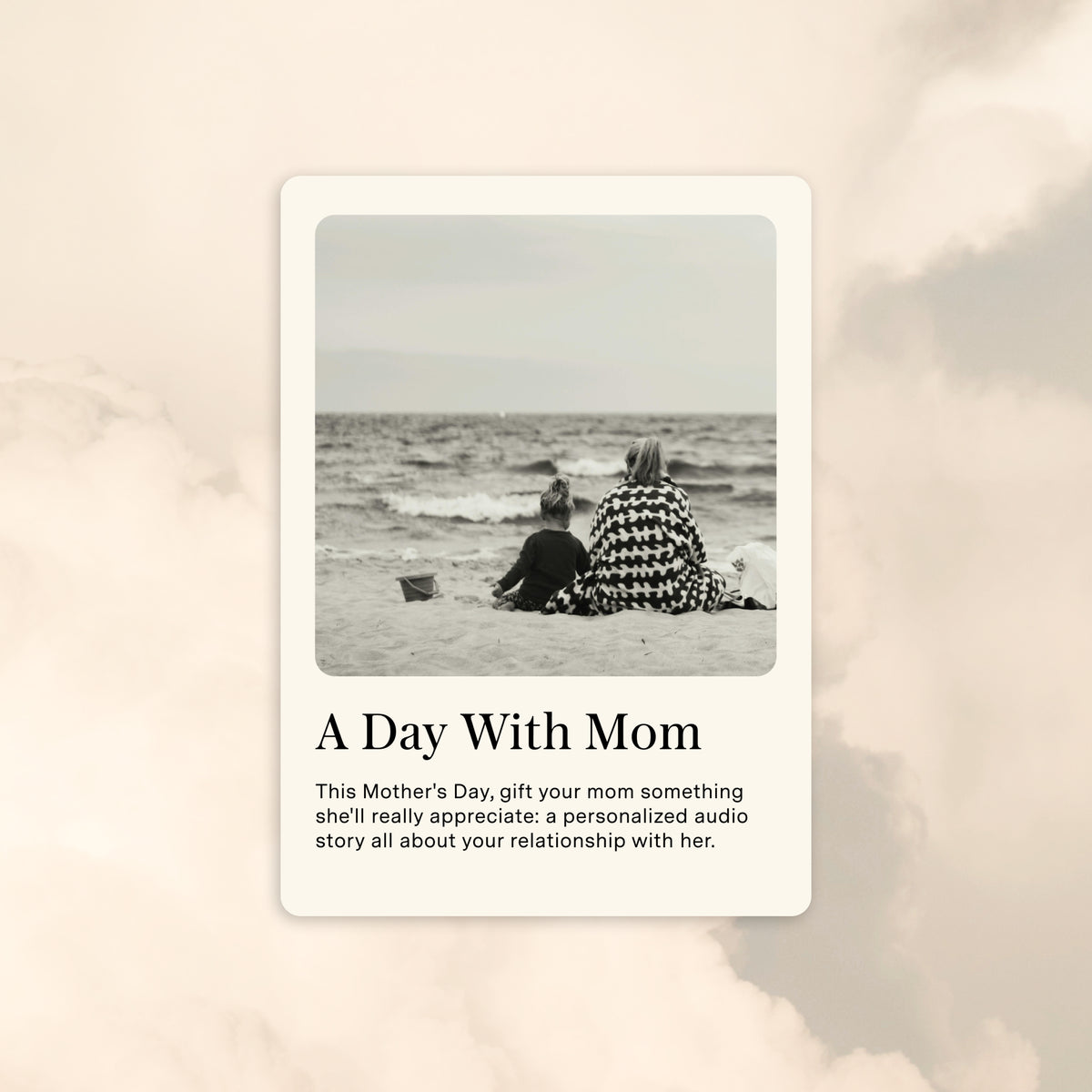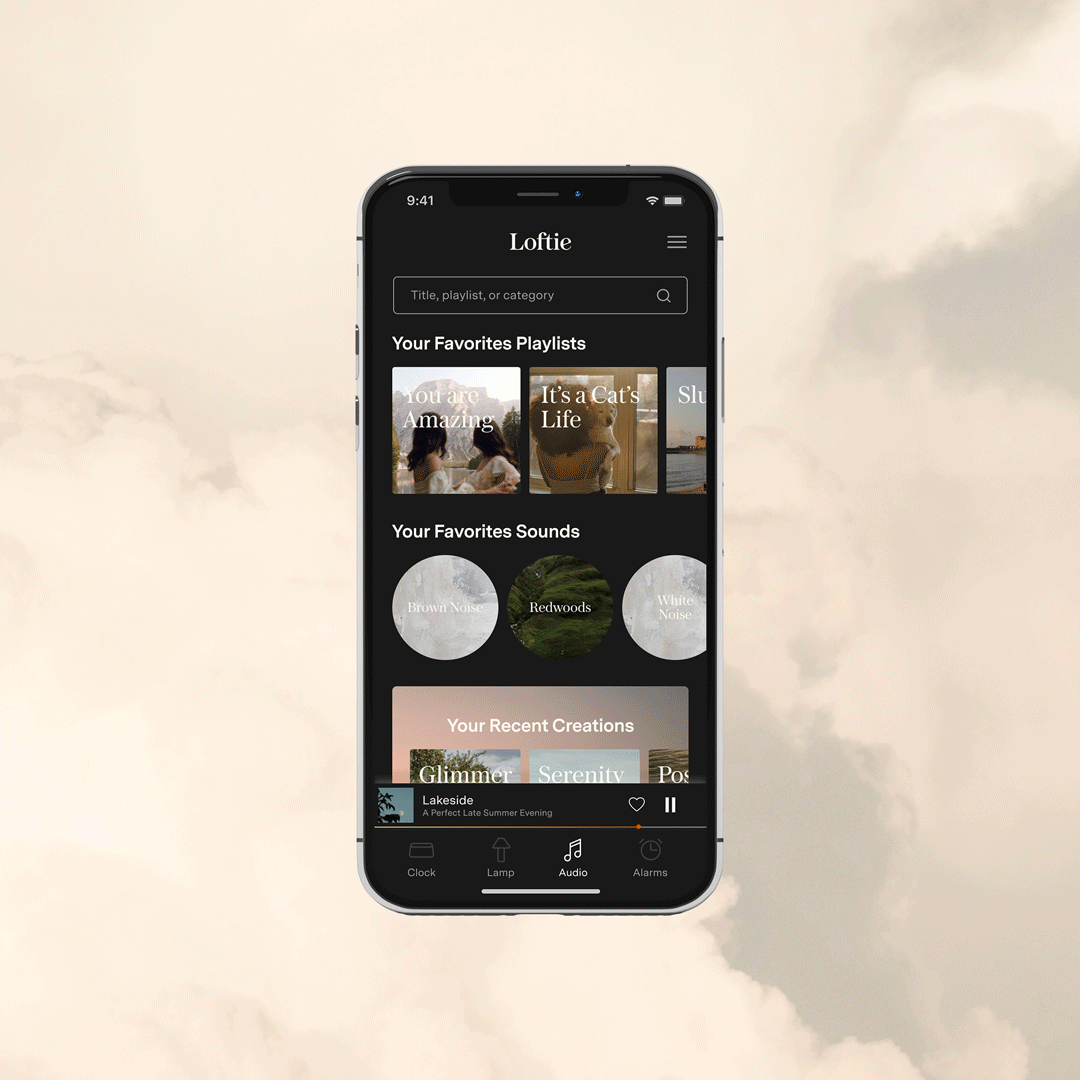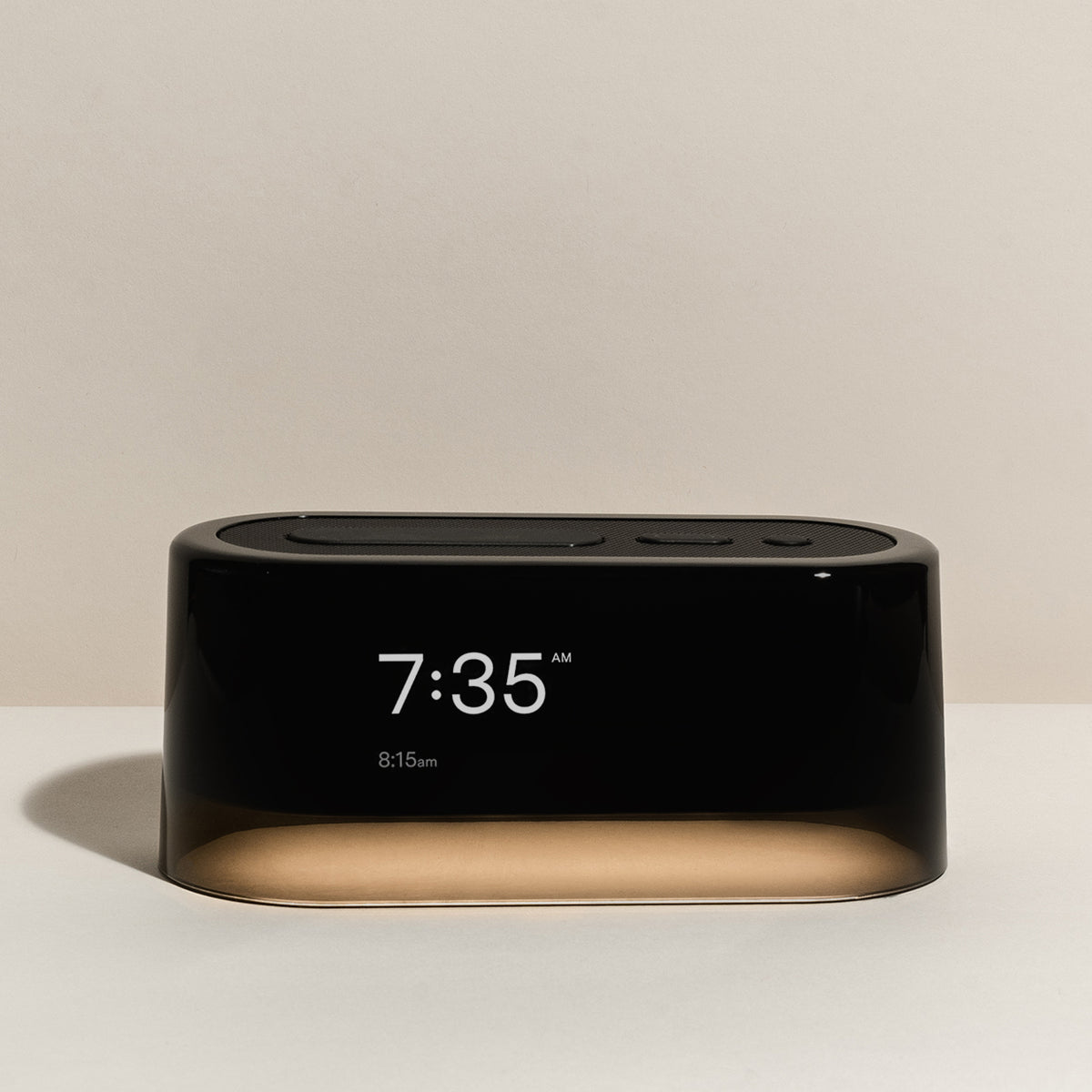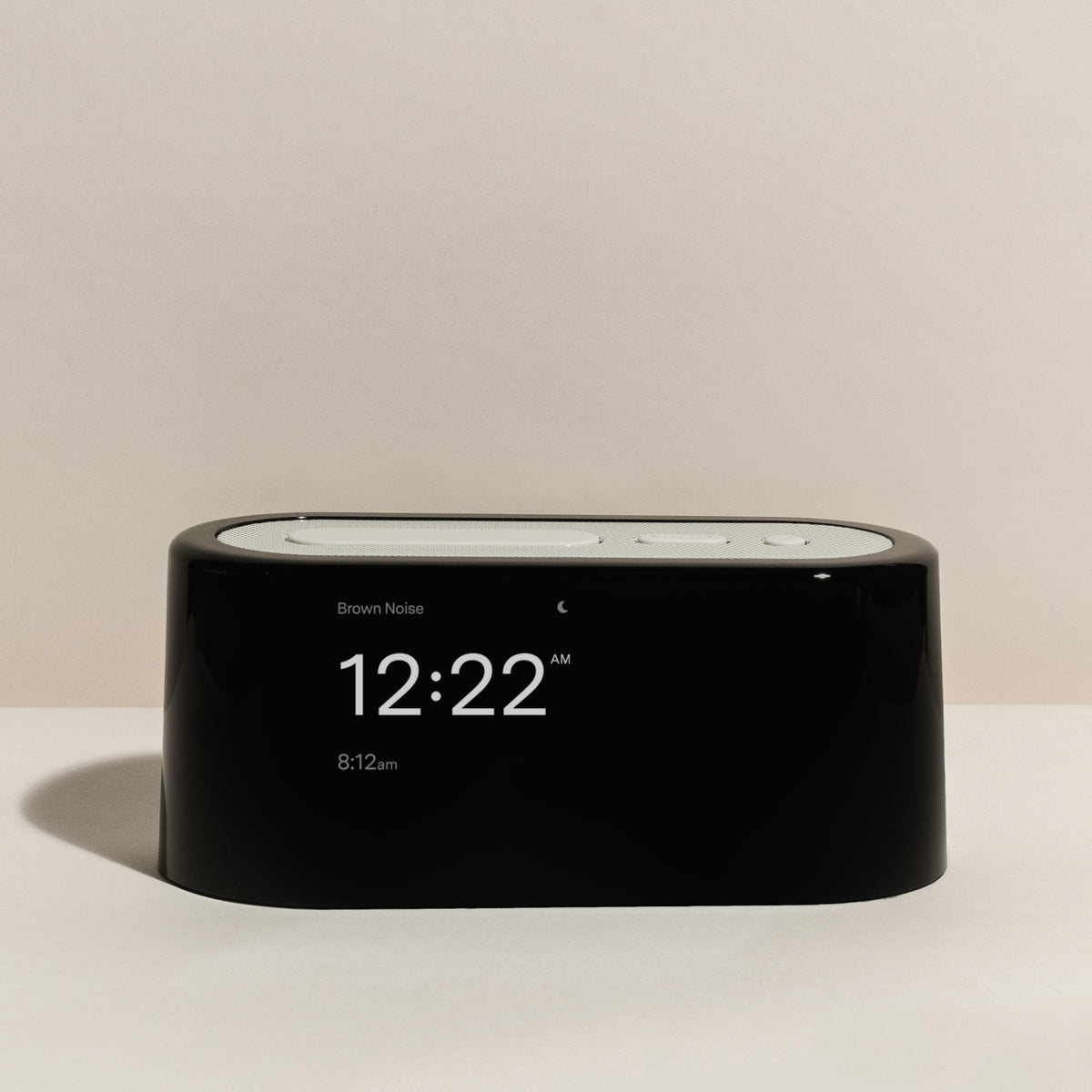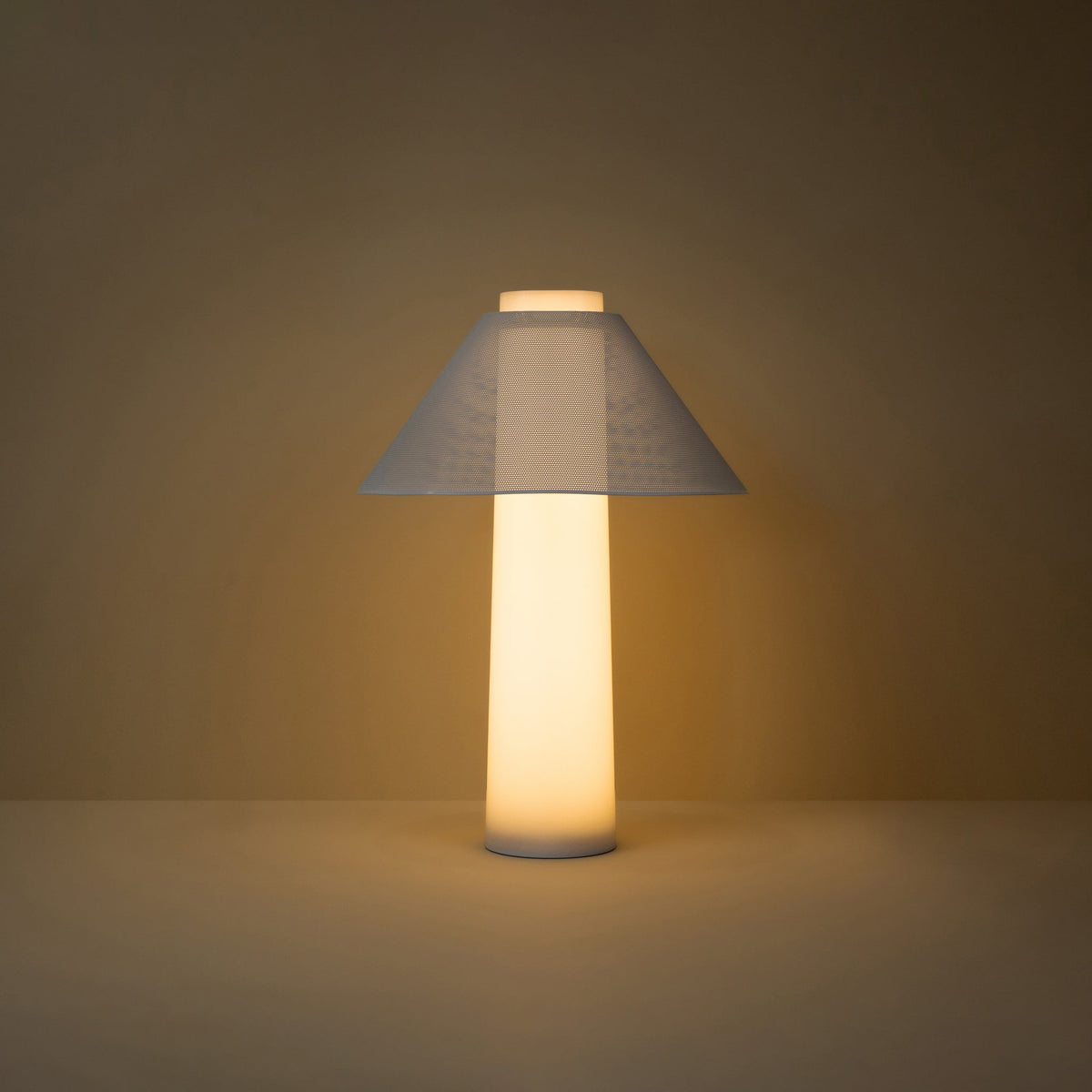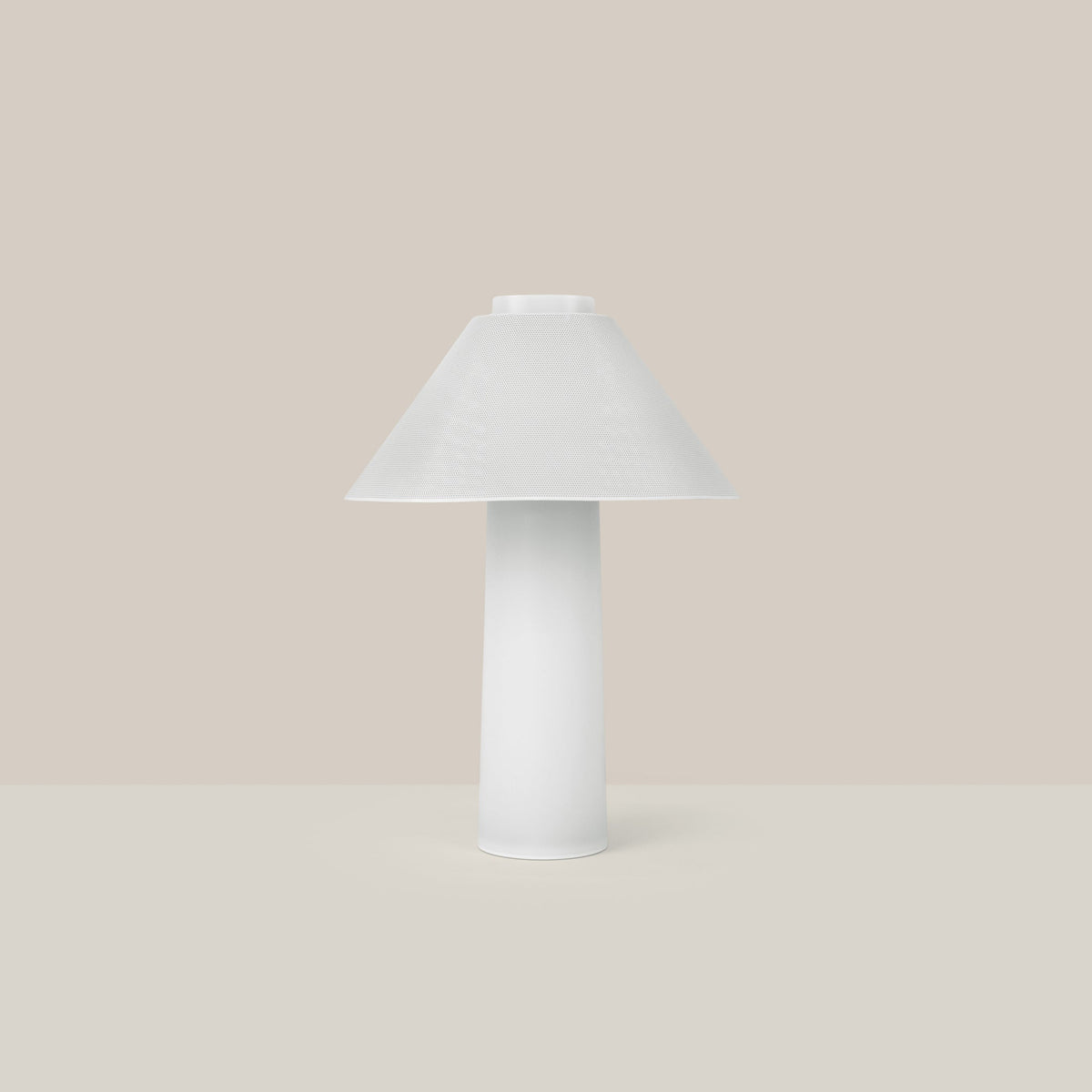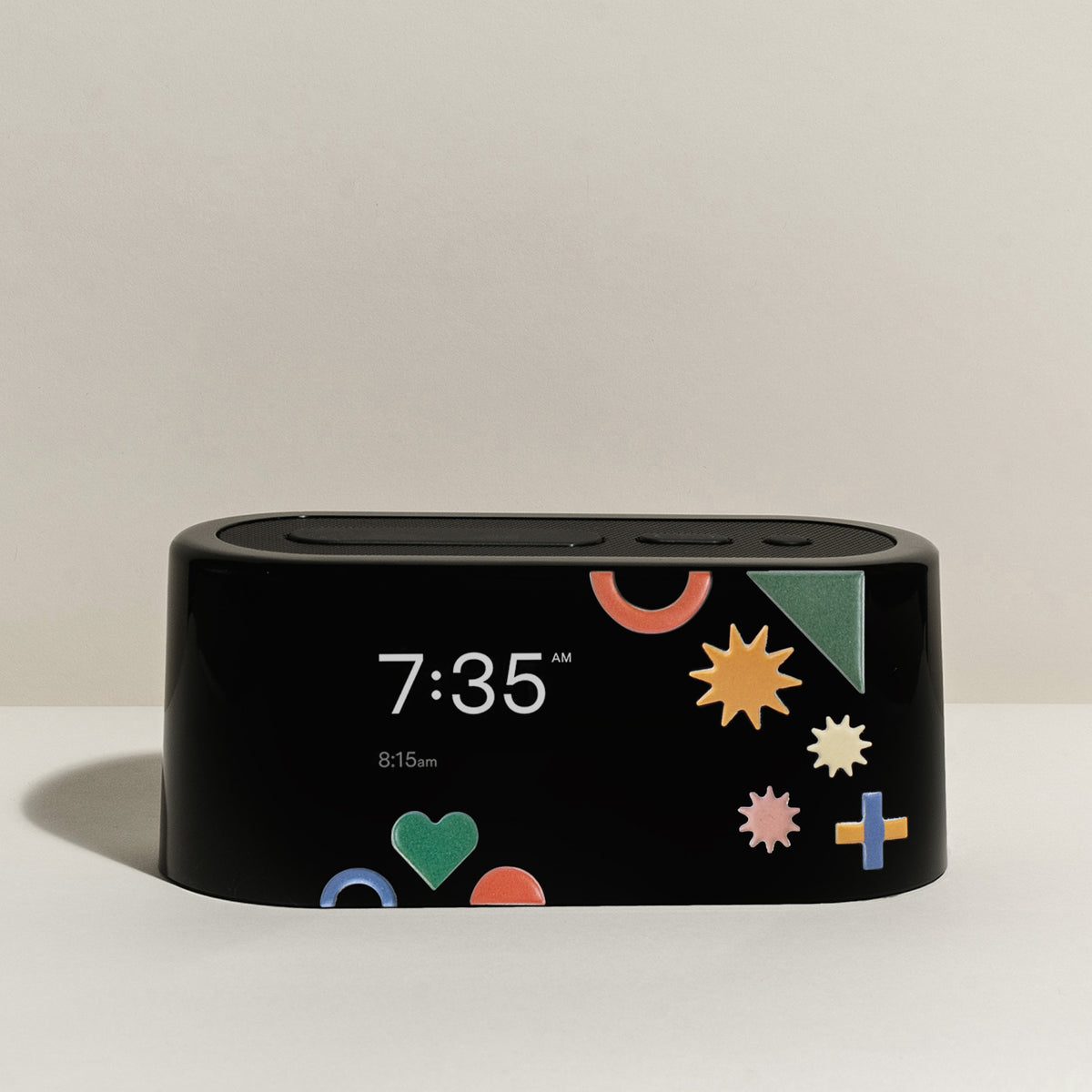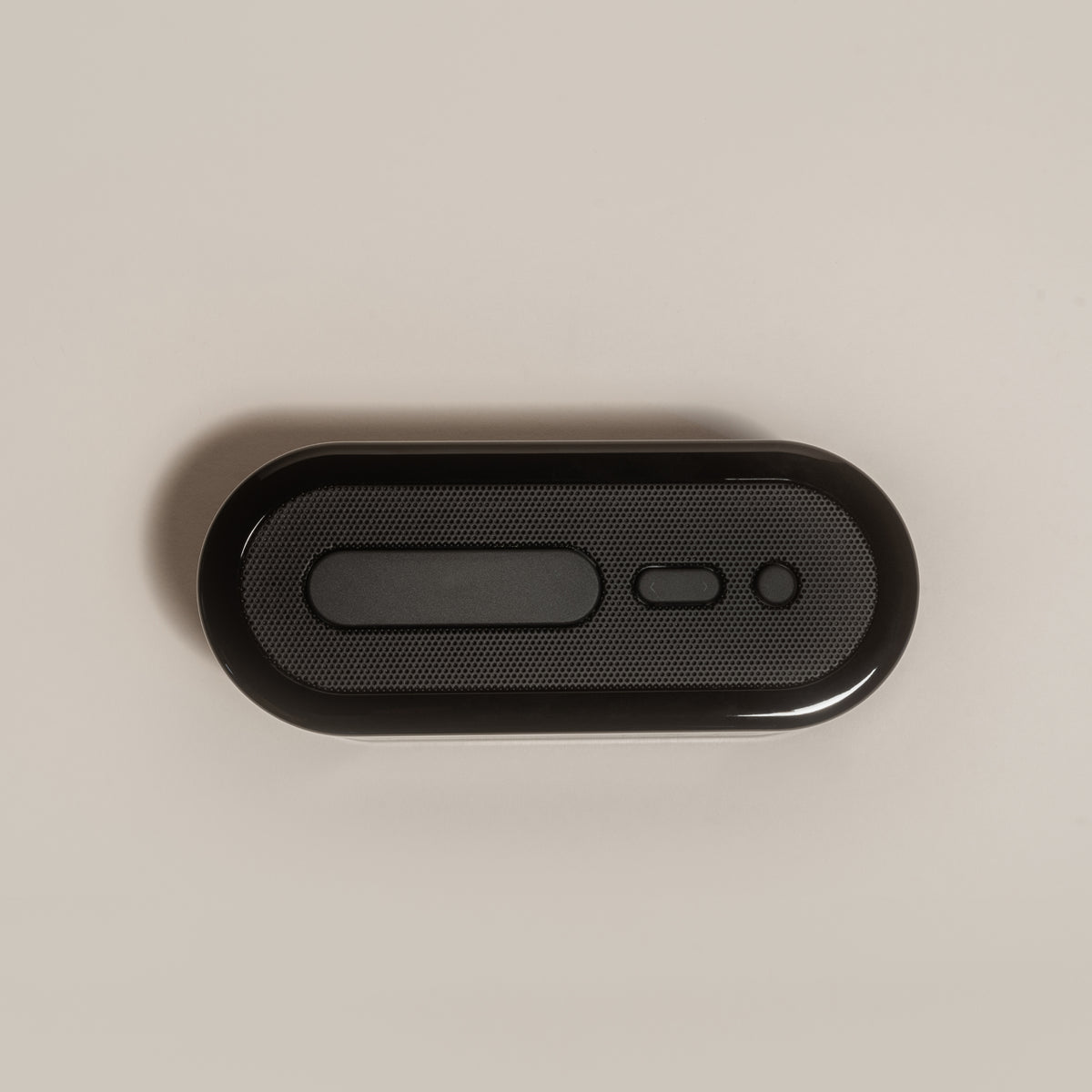One-third of children aren’t getting the sleep they need, and oftentimes, it’s directly tied to the use of electronics.
As the mother of an almost seventeen-year-old and nine-year-old, daily battles around electronics are a staple in my Minneapolis-suburb home. My younger son prefers texting and Fortnite, while my eldest scrolls TikTok and uses Instagram’s group chat. Insisting on no screen time before bed had been a mostly a half-hearted effort on my part – until I looked into the research and found out about the toxic relationship between screen time and sleep.
According to the Sleep Foundation, my fears about their constant use of phones, tablets, and watches weren’t unfounded—especially before bed. The Foundation found that one-third of children aren’t getting the sleep they need, and oftentimes, it’s directly tied to the use of screens before bedtime. “Using devices that produce artificial blue light in the evening and nighttime disrupts our natural sleep-wake cycle by tricking the brain into not producing melatonin before bed. This causes us to feel less sleepy than we should at bedtime.” According to Boston Children’s Hospital, “There is good scientific evidence that melatonin can shorten the time to fall asleep in children with insomnia, including children with ADHD, autism and other neurodevelopmental disorders. “ The fact is, our kids need the natural melatonin to sleep well—and electronics before bed disrupt and hinder that crucial process and actually harm my children’s developing brains.
Research shows that kids need a solid bedtime routine, coupled with deep sleep for their brain development, growth, and processing of the big and heavy emotions that come with today’s society. Plus, kids need even more sleep than adults, as their circadian rhythms are changing as their brains and bodies grow–making rest ever more important. According to John Hopkins Medicine, “Studies have shown that kids who regularly get an adequate amount of sleep have improved attention, behavior, learning, memory, and overall mental and physical health. Not getting enough sleep can lead to high blood pressure, obesity and even depression.” But Yale School of Medicine has a suggestion: turning off electronics before bed can stave off sleep disorders and help children fare better as they grow.
There are many discussions on whether or not parents should take cell phones away at night. My grade-schooler checks his in downstairs without too much fuss, but my teenager prefers using their device as an alarm–so it wasn’t always tucked away for sleep. I tried to showcase natural consequences with my teen, with some helpful (and not-so-helpful) explainers as to why their phone needed to be tucked in as well. Knowing that almost a third of teens slept with their phones, (according to EdTech,) I explained the consequences were far-reaching, from falling asleep in class to not being able to stay awake during afterschool activities. I’ve found sharing the “why” helps them to better understand my logic–and why I was insisting that we, as a family, commit to no electronics before bed.
In our home, we started shutting off phones and electronics about a half-hour before bed. And while I thought we were doing well, it turns out we should be doubling that number. Cleveland Clinic says, “Tucking your devices away for the night an hour or two before bed is a good rule. That includes not just phones but also other devices and electronics. While smartphones are typically the main culprit, even tablets and TVs can contribute to poor sleep.”
While it’s not easy being a stricter parent, I took the advice seriously and explained to my two why we need to be diligent about protecting our sleep. (I used my own morning crabbiness as an example, and that seemed to prove a point.) And they gave up their phones, so this Mom gave up a cup of coffee first thing, and no one has declared war yet. I’d call that a success!


